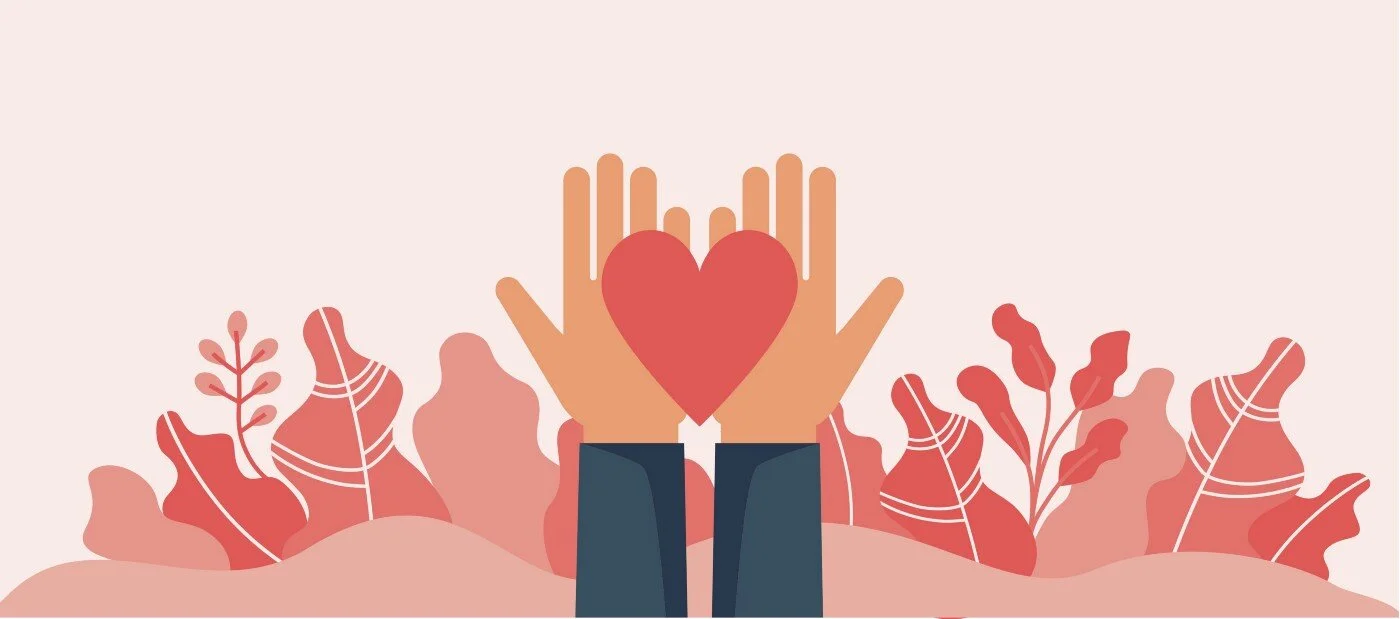As Victoria enters a period of even stricter stage 4 restrictions to combat the spread of Covid-19 , there is increasing concern for peoples’ mental health. In todays blog piece Professor Ian Hickie discusses who is most at risk of being harmed by the longer and more restrictive lockdown and what policy responses are needed from government that will deliver the most benefit.
Read MoreThe concept of carbon neutrality - a net zero release of Carbon Dioxide (CO2) into the atmosphere - has circulated in our society over the last few decades [1]. The current levels of CO2 emissions have proven links to global warming and climate change. It is also well known that this phenomena is directly connected with the use of fossil fuels in industry, energy production, transportation, agriculture, construction and other human activities. The risk of climate change related natural disasters has seen governments, NGOs and institutions around the world to take actions towards mitigation. In this blog, Dr Fallas-Chinchilla reflects on the hidden environmental costs of transport electrification and asks – what are the environmental costs of the current strategy for offsetting carbon and could we be doing environmentally better whilst striving for carbon neutrality?
Read MoreSince lockdown measures were introduced on 23rd March 2020 in the UK, while a minority of vulnerable children attend school, and school staff have worked hard to stay connected, social workers and family support workers have been some of the few safeguarding professionals visiting families in their homes and often the only ones to do so regularly. I this blog post, Professor Harry Ferguson asks - How, then, are social workers and families managing the risks from COVID-19 that home visits carry?
Read MoreIn Australia, the story of dealing with the coronavirus pandemic so far has been largely a positive one. Leadership and speed of response to this point has been recognised as critical to containment and management of the pandemic (Tiffen 2020). If we were to award the gold medal, it should go to our public health community. But we have seen strength in many quarters and for that reason, Valerie Braithwaite argues that we sell everyone short by singling any one group out.
Read MoreIf you have ever needed money in a hurry it may have been tempting to apply for a small loan to tide you over until your next pay packet. During Covid-19 and with increasing financial precarity, ‘payday’ loans may be how people resource short-term solutions as many people look online for financial help. Research from Dr Vivien Chen at Monash Business School’s Department of Business Law and Taxation shows the rise of digital platforms has significantly increased consumer access to payday loans. The financial risk posed by Covid-19 presents a key opportunity for governments to develop policy and mechanisms to protect people in financial distress. This article originally appeared in Monash Impact.
Read MoreMarketing managers and academics have been studying how families plan ahead and make decisions about family care and family consumption for a long time. But what happens when planning ahead is not possible? A new study says that when consumers can’t plan ahead...they dance.
Read MoreJeff Thompson, a disability employment specialist from a community organization in Canberra, reflects on the changing landscape of disability services, and wonders who the current policies are serving. Are faith-based and for-profit organizations able to deliver the ‘choice and control’ promised by the National Disability Insurance scheme (NDIS)?
Read MoreIn this post, Dr Belinda Townsend from ANU (@BelTownsend) says Australia can play a greater role in supporting mechanisms for affordable access to new treatments and vaccines for COVID-19. This piece was originally published on the East Asia Forum as part of its special feature series on the novel coronavirus crisis and its impact, prior to the 73rd World Health Assembly.
Read MoreAt the time of writing the Australian Government’s COVIDsafe app has been downloaded more than two million times. In this repost from The Conversation, Dr. Mahmoud Elkhodr from Central Queensland University tells us how the app works, how its delivering on privacy concerns and some of the issues that have arisen.
Read MoreGeorgia Lee (a pseudonym), academic and activist, explains how kindness and solidarity are intrinsically linked - and can be the key for a new kind of politics - drawing on the refugees in onshore and offshore detention and the COVID-19 response as examples
Read MoreWhile the use of digital platforms has kept us socially connected during times of physical isolation, there are concerns that online safety measures are not enough to deal with potential surges in harassment and abuse, including cyber violence against women.
Auckland University of Technology’s Cassandra Mudgway and Kate Jones are calling for governments to establish an international charter on digital human rights to protect digital citizens from online harassment and abuse.
Read MoreLast week, Abigail Lewis flagged unanswered questions about Australia’s temporary visa system in the current health crisis, the essential work being done by temporary visa holders in response to COVID-19, and the need for policy flexibility and care for people in limbo during a pandemic that crosses borders.
This week, the University of Melbourne’s Joo-Cheong Tham argues that the Australian Government should give temporary migrants access to JobKeeper.
Read MoreWhile we celebrate the vital work of nurses during World Health Day, it’s important to keep them protected, especially as there are growing shortages of personal protective equipment and staff to support the community during the pandemic.
As W. Graham Carlos writes, we can do our part to protect our vulnerable heroes - we should collectively be prepared but not panic, follow government guidelines to protect each other, and to celebrate “wins” when patient gets better - as we are all in this together.
Read MoreWhat are Australians thinking about during the COVID-19 pandemic? Alexander Saeri, Emily Grundy, Liam Smith, Michael Noetel and Peter Slattery delve into the psyche of Australians to see what they’re worried about in the hopes of supporting evidence-informed policy responses that help encourage people to protect each other.
Read MoreCOVID-19 is not only a health, social and economic problem - it is an environmental problem.
Fiona Armstrong (Climate and Health Alliance), Anthony Capon (Monash Sustainable Development Institute) and Ro McFarlane (University of Canberra) explain why biodiversity conservation and mitigating climate change are crucial to preventing future pandemics.
Read MoreIn today’s post, Abigail Lewis @AbigailLLew flags unanswered questions about Australia’s temporary visa system in the current health crisis, the essential work being done by temporary visa holders in response to COVID-19, and the importance of policy flexibility and care for people in limbo during a pandemic that crosses borders. Abigail is a Research Associate and Communications Manager at public policy think tank Per Capita.
Read MoreIn this podcast created and originally published by ANU’s Policy Forum Pod, Martyn Pearce talks to Professor Luis Salvador-Carulla and Dr Sebastian Rosenberg about how to care for mental health during an unprecedented period of community isolation due to COVID-19. If you or anyone you know needs help on that front, contact details for support services are listed at the end of this post.
Read More2020 has been no ordinary year. Still reeling from the destruction of the bushfires Australians are now having to adjust to also dealing with a global pandemic. In today’s blog post Dr Laura Davey gives her personal reflections on what it has been like to live through these unprecedented times at the same time as becoming a mother for the first time.
Read MoreCovid19 is creating massive employment upheavals with significant implications for peoples’ mental health. In today’s blog Post Aurora Elmes discusses the role social enterprises can play in providing flexible and supportive workplaces for vulnerable people and the need for government to consider how they can support these businesses to help cushion some of the economic and social fallout from Covid-19.
Read More




















